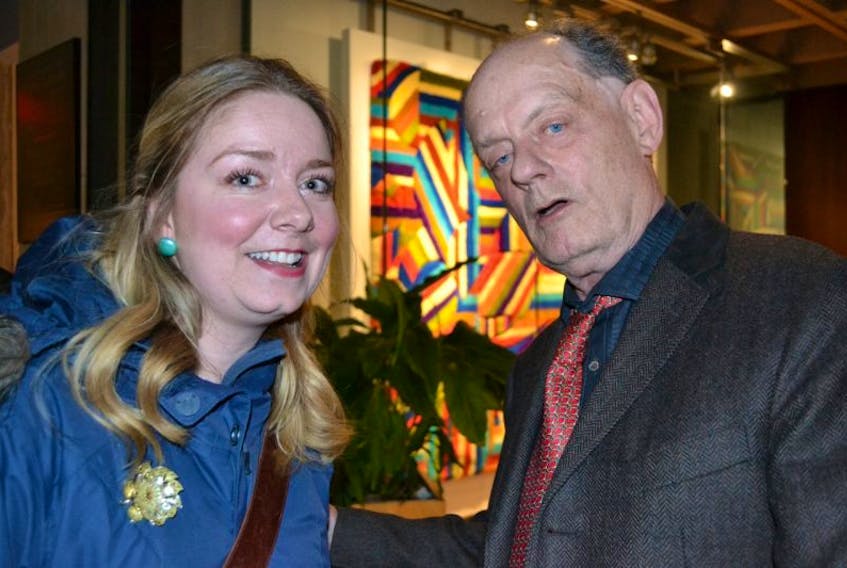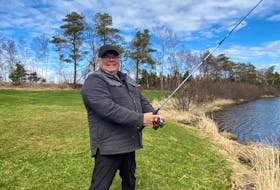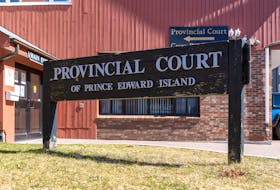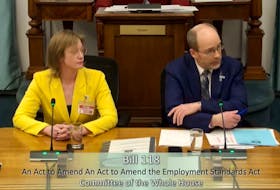Andrew was one of about 1,000 audience members at the Confederation Centre's Homburg Theatre to take part in a panel discussion consisting of CBC personalities Peter Mansbridge, Susan Ormiston, Rosemary Barton, Ian Hanomansing, Tom Murphy, Rex Murphy and Mark Critch.
This event was one in "The National in Conversation" series with CBC’s flagship newscast “The National” with Mansbridge moderating the discussions.
“I thought it was a very significant topic because there is so much happening in the news these days that you wonder what parts of it are actually true and what parts of it are false,” said Andrew of Charlottetown, who feels the news system in Canada is second to none.
The event was also live streamed on YouTube and Facebook, and people from the audience, as well as through social media, could ask panelists pertinent questions regarding news and its delivery.
Those questions ranged from how journalists work around their own biases to why news organizations report so much bad news.
“We all have an opinion or a take on things, and the role of journalists is to try and detach yourself from that,” said Tom Murphy. “For me, when I’m reporting it’s about bringing more voices into that conversation. Biases should not enter the equation.”
“If we are hearing it a lot, we should be paying attention to it because may be our audience has evolved and is looking for something different or that different balance,” said Ormiston about bad news. “What I think does work and what you are interested in is inspirational stories…maybe we do need to think about that a bit more and look for stories that are going to bring us together.”
Jennifer Wood of Charlottetown thought the panel discussion was insightful.
“I was most impressed with Rex Murphy’s depiction of what was going on in the (U.S. President Donald) Trump rally this year and how he won and the media exposure surrounding Trump,” said Wood.
A question from the audience about journalism covering extreme views, particularly south of the border, was posed and whether it contributes to a polarization in society.
Murphy’s answer was met with applause when he talked about the media outlets not appropriately guessing Trump’s victory.
“The fact that journalists could not perceive on the night of the campaign that it was even possible that he might win, that speaks to a lot of problems…. In making the judgment that the point of view wasn’t good enough to cover, impaired the analysis, whereas if they allowed tolerance of those views, they would have known how big they would have been.”
Twitter.com/MaureenElizaC









